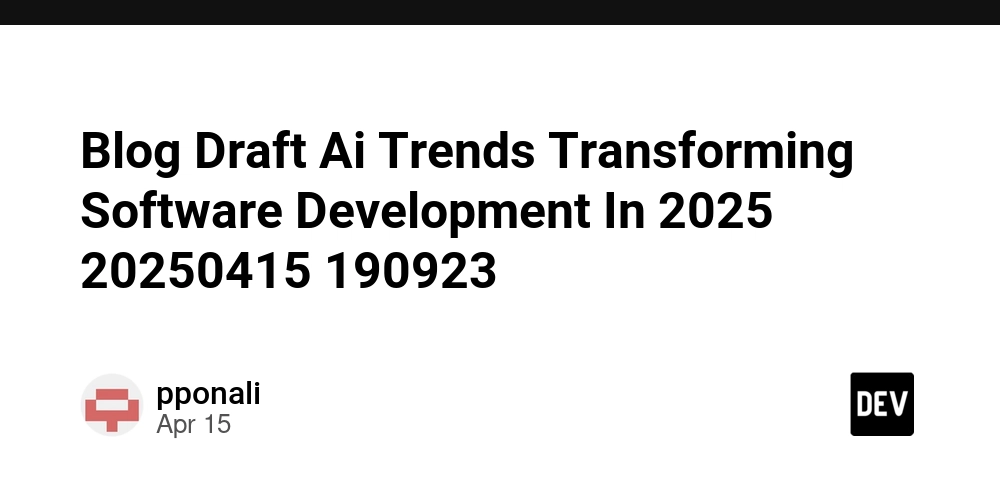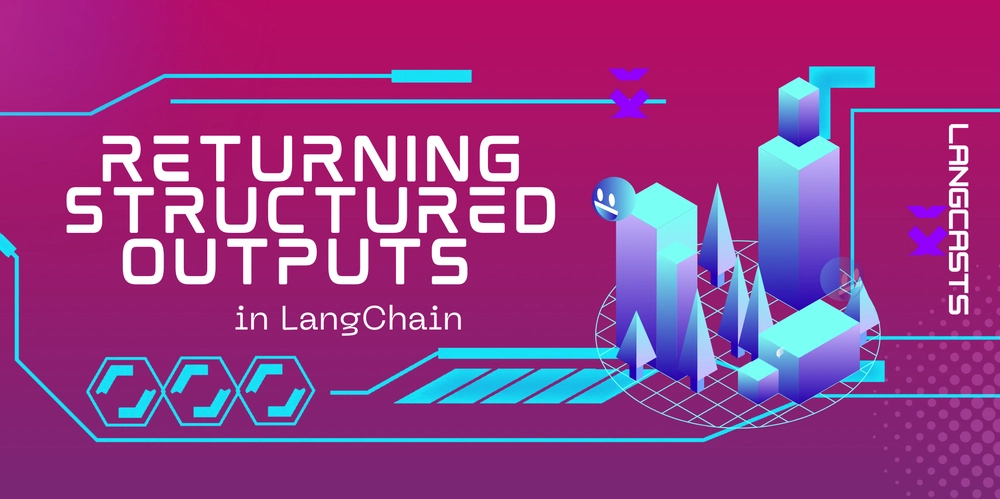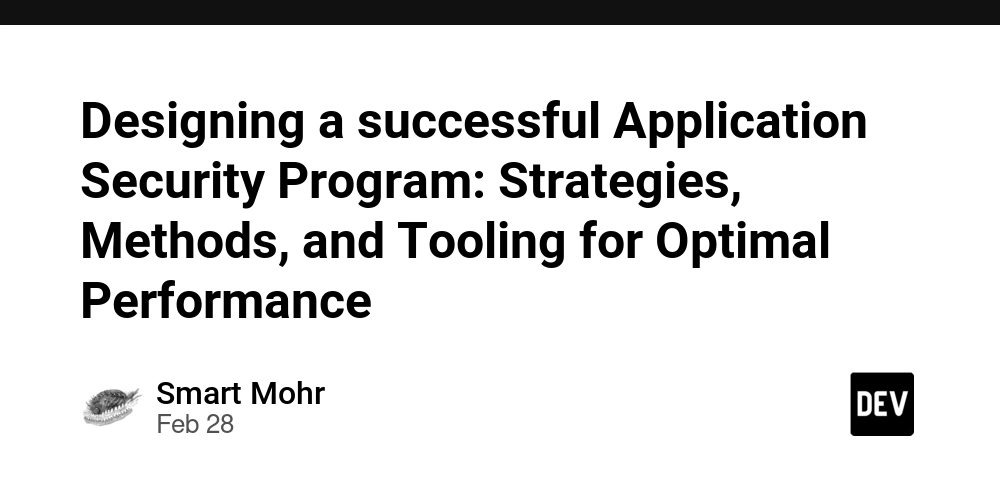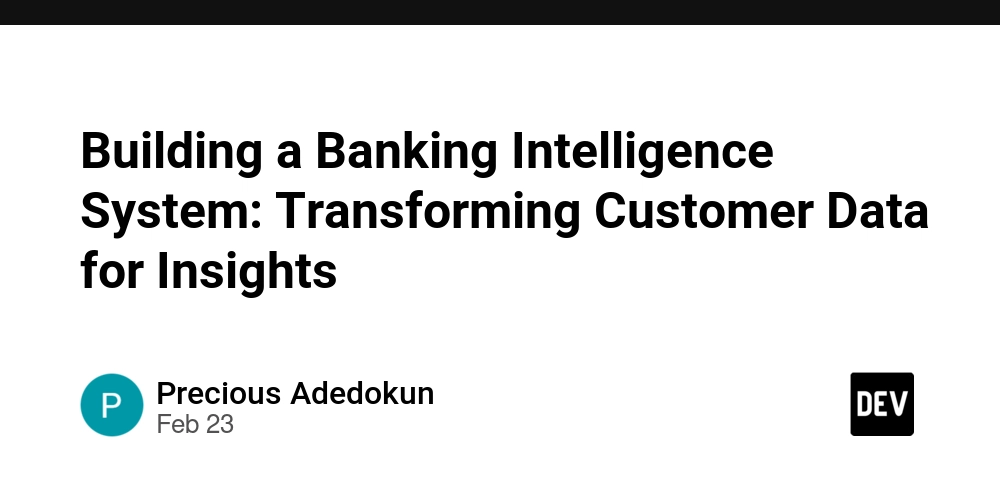Blog Draft Ai Trends Transforming Software Development In 2025 20250415 190923
Blog Draft Ai Trends Transforming Software Development In 2025 20250415 190923 Generated: 2025-04-15 19:09:23 Draft Blog Post: AI Trends Transforming Software Development in 2025 Introduction The software development landscape is at the brink of a revolutionary change, largely influenced by the rapid advancements in artificial intelligence (AI). This transformation promises to enhance developer productivity, streamline DevOps processes, and improve software quality through automated coding and testing. As we approach 2025, understanding these trends is crucial for developers and organizations aiming to stay competitive in the tech marketplace. Key AI Trends Reshaping Software Development 1. Generative AI Tools Generative AI is no longer a futuristic concept; it's a present-day reality that is transforming software development. Tools like ChatGPT, GitHub Copilot, and Google Bard are enabling developers to automate monotonous coding tasks, allowing them to shift their focus toward more complex problem-solving and innovation. ChatGPT automates boilerplate code generation and aids in code translation, while GitHub Copilot serves as an AI pair programmer, suggesting context-relevant code based on existing code. Stats: Current surveys indicate that approximately 92% of developers in the U.S. have started using these generative tools, significantly shortening development cycles and improving software quality. 2. Enhanced DevOps Automation AI is also making significant inroads into DevOps practices by facilitating faster integration and deployment of code changes. With automated tools, developers can achieve more efficient CI/CD (Continuous Integration/Continuous Deployment) processes, thus increasing the overall speed of software delivery. AI-driven insights help in early bug detection, allowing teams to address issues swiftly without affecting release schedules. Market Projections: The global market for AI in DevOps is projected to reach approximately $24.9 billion by 2033, indicating a massive shift toward automation in deployment processes. 3. The Need for Upskilling With the ascendancy of AI technologies, developers are encouraged to upskill in areas such as machine learning, data analytics, and AI tool proficiency to remain valuable in the job market. Many organizations are now prioritizing candidates who possess a robust understanding of AI applications in software development. Example: Continuous learning initiatives, such as specialized courses and workshops concentrating on AI tools, are essential as the pace of technology development quickens. 4. AI in Quality Assurance Integrating AI into Quality Assurance (QA) processes boosts code quality through intelligent bug detection and automated testing. AI systems can analyze data patterns to identify errors earlier in the development process, leading to less manual intervention and a more robust final product. Test Cases: AI testing tools have demonstrated the ability to expedite the debugging process, reducing debugging time by up to 70%. 5. Navigating AI Regulations and Ethics As AI becomes more integrated into business processes, the imperative for ethical considerations and regulatory compliance grows. Developers must be aware of biases that may arise from AI algorithms and understand the importance of developing responsible AI systems that align with societal values. Monetization Strategies With the growth of these AI trends, there are abundant monetization opportunities in the software development space: Standard Strategies Subscription Models for AI Tools: Offer tiered subscription services for tools that provide extensive features and support. AI-Powered Tools Adoption: Encourage businesses to leverage AI tools, enhancing productivity while minimizing operational costs. Creative Strategies Workshops and Training Sessions: Host paid sessions that educate developers on integrating AI tools effectively. Use industry experts to add value to these offerings. Affiliate Marketing: Develop partnerships with AI tool providers to generate revenue through referral programs. Conclusion The future of AI in software development is rich with potential. By embracing these trends and investing in proper training and tools, developers and organizations can not only enhance their operations but also thrive in an increasingly competitive landscape. For those looking to take actionable steps, consider exploring our e-book, "Monetizing AI in Software Development: Opportunities and Strategies", where we dive deeper into specific strategies tailored for developers and organizations looking to profit from AI advancements. Call to Action: Ready to improve your Software Development Life Cycle (SDLC) performance? Request a Free Trial or Schedule a Product Demo to see how AI can revolutionize your developme

Blog Draft Ai Trends Transforming Software Development In 2025 20250415 190923
Generated: 2025-04-15 19:09:23
Draft Blog Post: AI Trends Transforming Software Development in 2025
Introduction
The software development landscape is at the brink of a revolutionary change, largely influenced by the rapid advancements in artificial intelligence (AI). This transformation promises to enhance developer productivity, streamline DevOps processes, and improve software quality through automated coding and testing. As we approach 2025, understanding these trends is crucial for developers and organizations aiming to stay competitive in the tech marketplace.
Key AI Trends Reshaping Software Development
1. Generative AI Tools
Generative AI is no longer a futuristic concept; it's a present-day reality that is transforming software development. Tools like ChatGPT, GitHub Copilot, and Google Bard are enabling developers to automate monotonous coding tasks, allowing them to shift their focus toward more complex problem-solving and innovation.
- ChatGPT automates boilerplate code generation and aids in code translation, while GitHub Copilot serves as an AI pair programmer, suggesting context-relevant code based on existing code.
Stats: Current surveys indicate that approximately 92% of developers in the U.S. have started using these generative tools, significantly shortening development cycles and improving software quality.
2. Enhanced DevOps Automation
AI is also making significant inroads into DevOps practices by facilitating faster integration and deployment of code changes. With automated tools, developers can achieve more efficient CI/CD (Continuous Integration/Continuous Deployment) processes, thus increasing the overall speed of software delivery. AI-driven insights help in early bug detection, allowing teams to address issues swiftly without affecting release schedules.
Market Projections: The global market for AI in DevOps is projected to reach approximately $24.9 billion by 2033, indicating a massive shift toward automation in deployment processes.
3. The Need for Upskilling
With the ascendancy of AI technologies, developers are encouraged to upskill in areas such as machine learning, data analytics, and AI tool proficiency to remain valuable in the job market. Many organizations are now prioritizing candidates who possess a robust understanding of AI applications in software development.
- Example: Continuous learning initiatives, such as specialized courses and workshops concentrating on AI tools, are essential as the pace of technology development quickens.
4. AI in Quality Assurance
Integrating AI into Quality Assurance (QA) processes boosts code quality through intelligent bug detection and automated testing. AI systems can analyze data patterns to identify errors earlier in the development process, leading to less manual intervention and a more robust final product.
Test Cases: AI testing tools have demonstrated the ability to expedite the debugging process, reducing debugging time by up to 70%.
5. Navigating AI Regulations and Ethics
As AI becomes more integrated into business processes, the imperative for ethical considerations and regulatory compliance grows. Developers must be aware of biases that may arise from AI algorithms and understand the importance of developing responsible AI systems that align with societal values.
Monetization Strategies
With the growth of these AI trends, there are abundant monetization opportunities in the software development space:
Standard Strategies
- Subscription Models for AI Tools: Offer tiered subscription services for tools that provide extensive features and support.
- AI-Powered Tools Adoption: Encourage businesses to leverage AI tools, enhancing productivity while minimizing operational costs.
Creative Strategies
- Workshops and Training Sessions: Host paid sessions that educate developers on integrating AI tools effectively. Use industry experts to add value to these offerings.
- Affiliate Marketing: Develop partnerships with AI tool providers to generate revenue through referral programs.
Conclusion
The future of AI in software development is rich with potential. By embracing these trends and investing in proper training and tools, developers and organizations can not only enhance their operations but also thrive in an increasingly competitive landscape.
For those looking to take actionable steps, consider exploring our e-book, "Monetizing AI in Software Development: Opportunities and Strategies", where we dive deeper into specific strategies tailored for developers and organizations looking to profit from AI advancements.
Call to Action: Ready to improve your Software Development Life Cycle (SDLC) performance? Request a Free Trial or Schedule a Product Demo to see how AI can revolutionize your development processes.




























![[Webinar] AI Is Already Inside Your SaaS Stack — Learn How to Prevent the Next Silent Breach](https://blogger.googleusercontent.com/img/b/R29vZ2xl/AVvXsEiOWn65wd33dg2uO99NrtKbpYLfcepwOLidQDMls0HXKlA91k6HURluRA4WXgJRAZldEe1VReMQZyyYt1PgnoAn5JPpILsWlXIzmrBSs_TBoyPwO7hZrWouBg2-O3mdeoeSGY-l9_bsZB7vbpKjTSvG93zNytjxgTaMPqo9iq9Z5pGa05CJOs9uXpwHFT4/s1600/ai-cyber.jpg?#)














































































































































![[The AI Show Episode 144]: ChatGPT’s New Memory, Shopify CEO’s Leaked “AI First” Memo, Google Cloud Next Releases, o3 and o4-mini Coming Soon & Llama 4’s Rocky Launch](https://www.marketingaiinstitute.com/hubfs/ep%20144%20cover.png)





































































































































































































![Rogue Company Elite tier list of best characters [April 2025]](https://media.pocketgamer.com/artwork/na-33136-1657102075/rogue-company-ios-android-tier-cover.jpg?#)







































































_Andreas_Prott_Alamy.jpg?width=1280&auto=webp&quality=80&disable=upscale#)





































































































![Apple Watch Series 10 Back On Sale for $299! [Lowest Price Ever]](https://www.iclarified.com/images/news/96657/96657/96657-640.jpg)
![EU Postpones Apple App Store Fines Amid Tariff Negotiations [Report]](https://www.iclarified.com/images/news/97068/97068/97068-640.jpg)
![Apple Slips to Fifth in China's Smartphone Market with 9% Decline [Report]](https://www.iclarified.com/images/news/97065/97065/97065-640.jpg)



































































































































